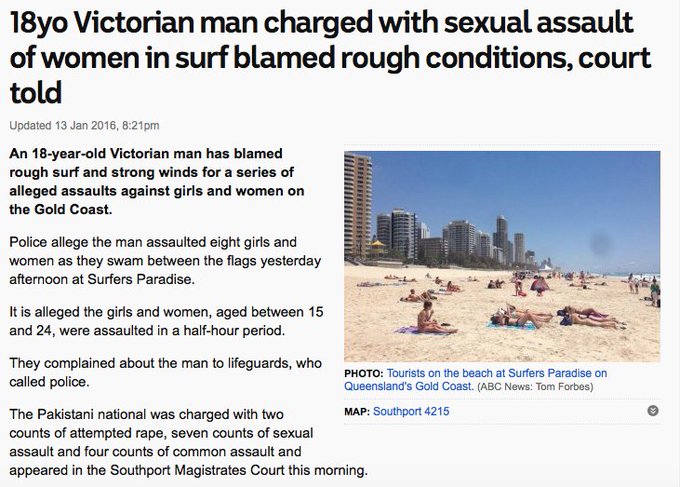Imam, 81, who was known as Uncle ‘sexually assaulted primary school girls as young as five as they listened to him reciting the Koran’
- Mohammed Haji Sadiq is accused of sexually touching girls aged five to eleven
- Sadiq, from Cardiff, allegedly felt private parts of girls at city’s Madina Mosque
- One victim, now 26, said she was abused several times per week
Mohammed Haji Sadiq, pictured, is accused of sexually touching girls aged between five and eleven at his Koran classes
An 81-year-old imam known by his students as ‘Uncle’ sexually assaulted primary school girls as young as five as they listened to him reciting the Koran, a court heard today.
Mohammed Haji Sadiq is accused of sexually touching girls aged between five and eleven at his Koran classes in a mosque in Cardiff.
Sadiq from Cyncoed, Cardiff, allegedly felt the stomach, chest and private parts of the young girls at the Madina Mosque – and would also pull them towards him to rub their bodies against the inside of his legs.
It is alleged that Sadiq would abuse the girls after calling them to sit next to him so he could listen to them recite the Koran.
He taught primary school children at the mosque for 36 years, Cardiff Crown Court heard.
Prosecutor Suzanne Thomas said: ‘He took advantage of his position to touch in a sexual manner four young girls who were in his care.
‘He did this by creating a culture in which it was normal to use physicality to punish children. He would slap them on the back if they were not concentrating.’
One of the victims, now 26, said she was abused several times per week.
Miss Thomas said: ‘She describes being asked to sit next to the defendant with the Koran and he asked her to sit on his lap.
Sadiq from Cyncoed, Cardiff, allegedly felt the stomach, chest and private parts of the young girls at the Madina Mosque (pictured)- and would rub their bodies against the inside of his legs
Alleged assault: The 81-year-old imam known by his students as ‘Uncle’ sexually assaulted primary school girls as young as five as he recited the Koran, a court heard today
‘She did not have properly formed breasts at the time but he would touch her under her clothes on a number of occasions.
‘Sometimes he laid her face down on his lap and touched her between her legs.’
The woman, who cannot be identified, appeared in court via a video link and her police interview from May of last year was played to the jury.
She attended Koran lessons with Sadiq for four years starting when she was six years old.
She said: ‘You would be called and you had to sit next to him and recite so he could check if you could do it.
Sadiq taught primary school children at this mosque for 36 years, Cardiff Crown Court heard
One victim, now 26, said she was abused several times per week at Cardiff’s Madina Mosque
‘Unless you were called then no incident would happen.
‘He would pull you towards him and rub your body against the inner part of his legs.
‘Sometimes it would be almost like a headlock.’
The Madina Mosque was shut down in November 2006 after fire damage, and has now been relocated to another area of Cardiff.
Sadiq has attended a different mosque since the fire and never returned to the Madina Mosque, the jury was told.
Sadiq denies seven counts of indecent assault of a girl under 14, and eight counts of assaulting a girl under 13 by touching.
The trial at Cardiff Crown Court continues.
source : http://www.dailymail.co.uk/news/article-4574532/Cardiff-imam-sexually-assaulted-primary-school-girls.html#ixzz4jJ32y68g









